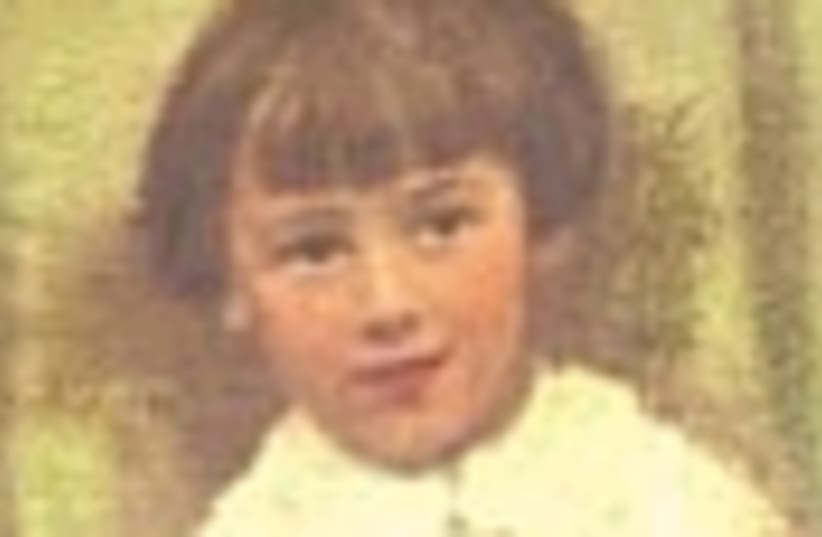| More about: | Czechoslovakia, Luxembourg, Germany, Austria |
'Is it possible to describe hell on a sheet of paper?'
The chilling chronicles of a teenager in the Lodz Ghetto have been collected and translated into English.


| More about: | Czechoslovakia, Luxembourg, Germany, Austria |